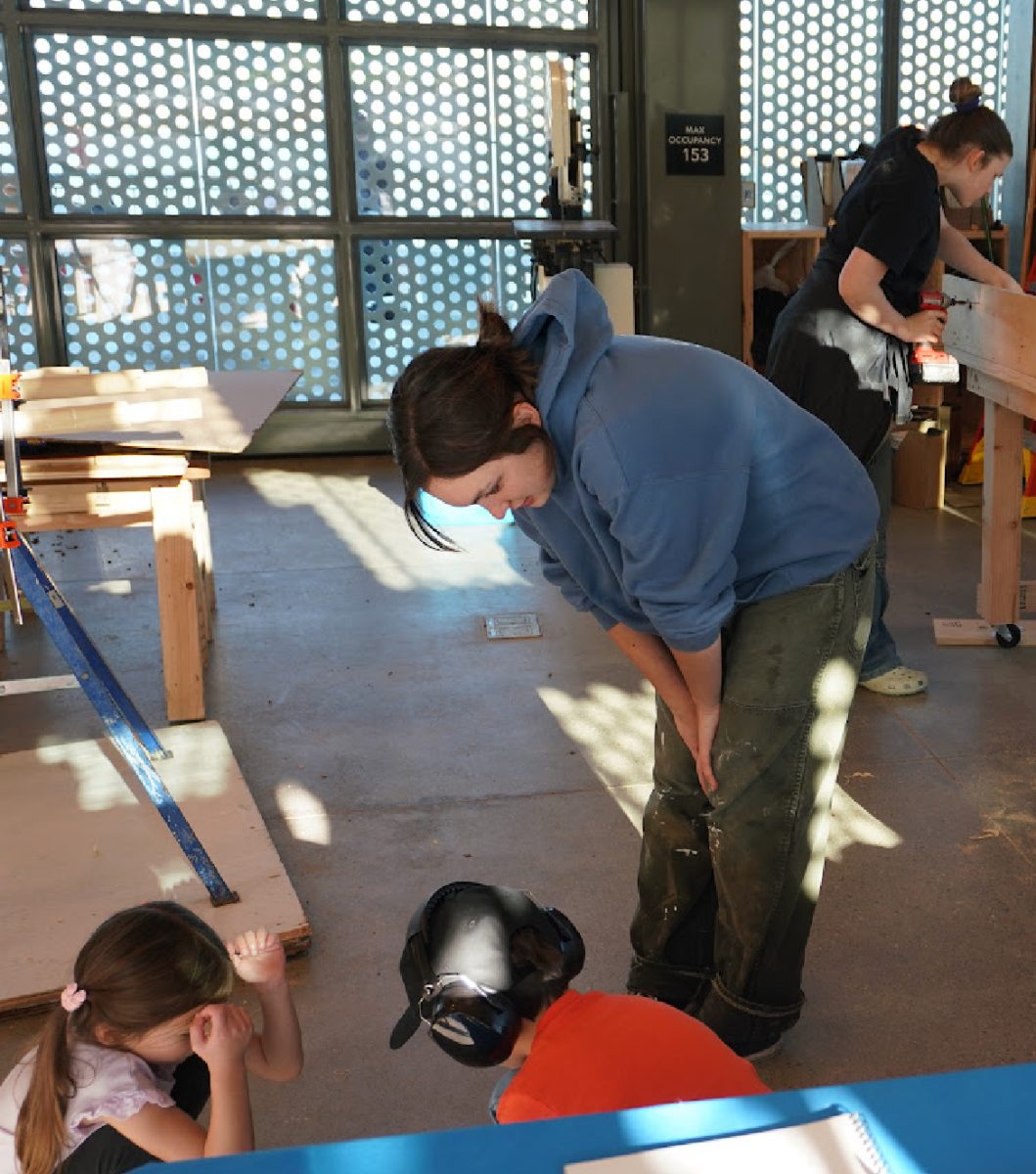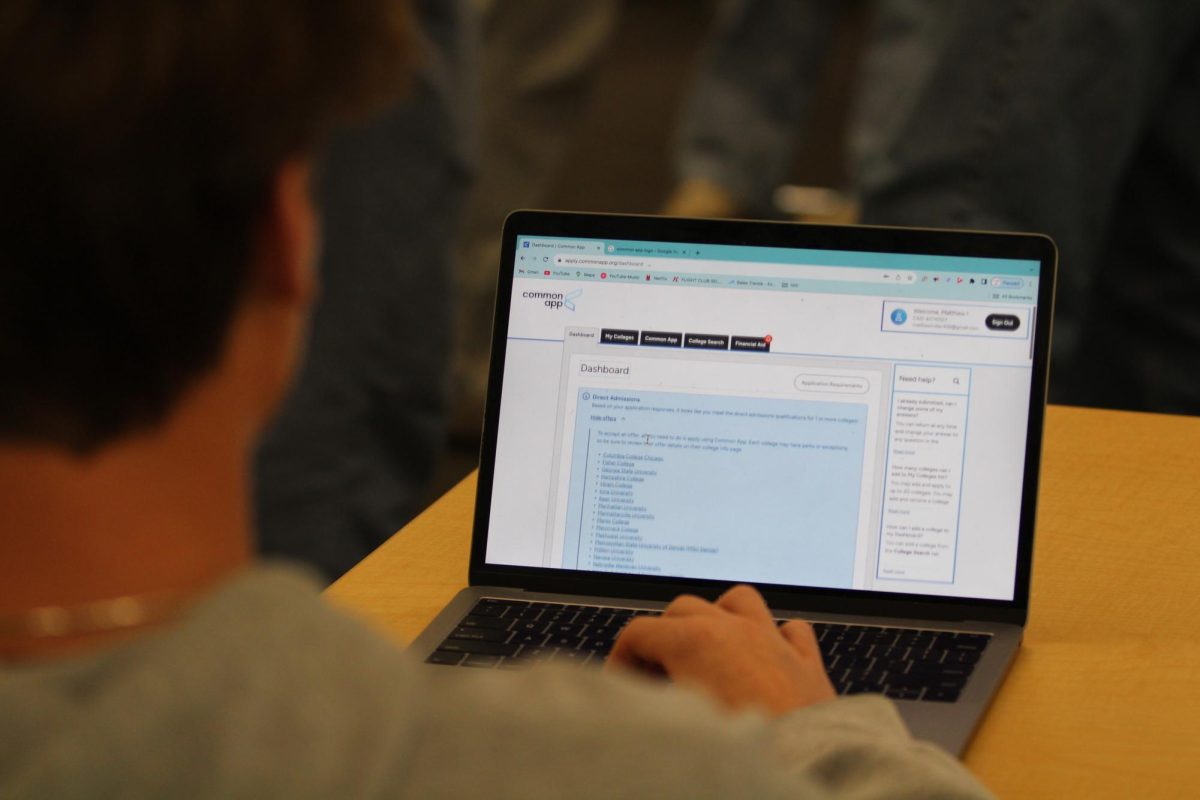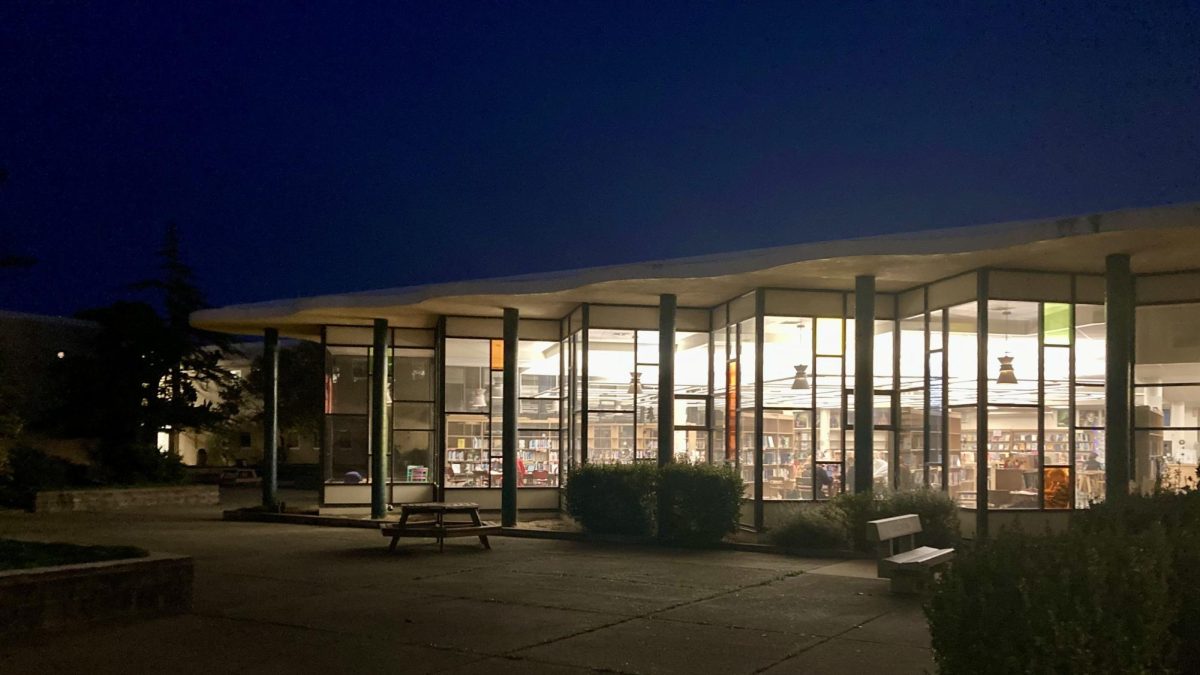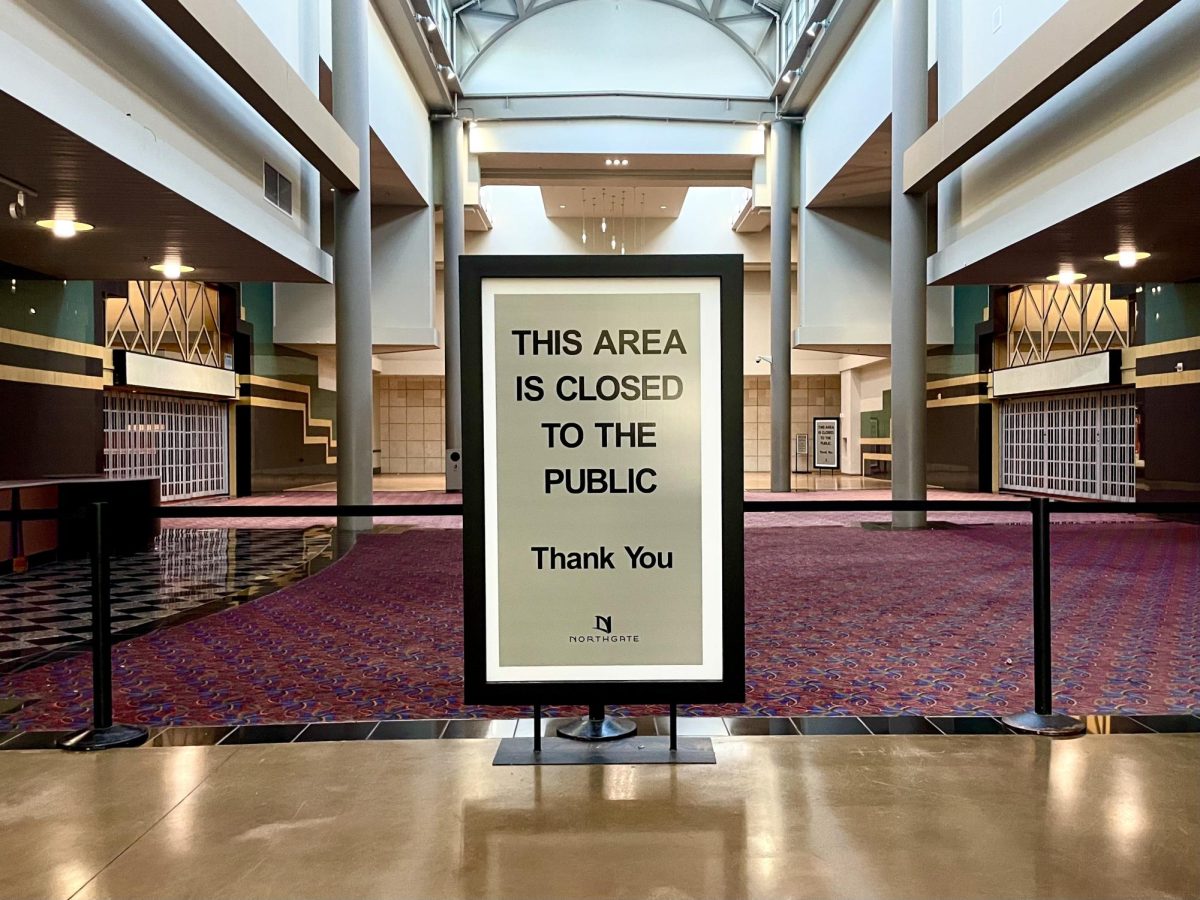Three seniors were selected as candidates for the United States Presidential Scholars Program in early February.
The students―James Conant, Scott McCrae and Rebecca Smalbach―were invited to apply for the prestigious award as a result of their outstanding standardized test scores.
Each year, approximately 4,000 high school students are invited to compete for the 161 spots in the Presidential Scholars Program.
According to the Department of Education, “the U.S. Presidential Scholars Program was established in 1964, by executive order of the President, to recognize and honor some of our nation’s most distinguished graduating high school seniors.”

Although the majority of students are selected as candidates because of their exceptional academic achievements, the program also recognizes talent in the arts and accomplishments in career and technical education fields, according to Meg Heimbrodt, Redwood’s College & Career Specialist.
Although students are not informed in their letter why they were invited to apply, most students are selected as candidates based off their test scores or performance in the YoungArts, according to McCrae, who received a 36 on the ACT (the highest score possible).
“You can also be nominated by the [Chief State School Office] but I don’t think I was nominated by them,” McCrae said.
McCrae had never heard of the Presidential Scholars Program before receiving the email informing him of his selection as a candidate. Additionally, the early February notification date prevents candidates from reporting this achievement to colleges.
“I was kind of annoyed because I have been deferred from a lot of schools and they ask for any awards you have gotten, but I submitted all of that before I got the award,” McCrae said. “I was nominated for my score so I guess colleges kind of know already. It’s just another person saying, ‘Oh wow! He got a 36.’ It would be more significant if I went to YoungArts and got nominated through that.”
McCrae is the only one of the three who has decided to go ahead with the lengthy application process.
Conant, who also received a 36 on the ACT and will be attending Harvard in the fall, said that he decided not to apply to the program because of how competitive it is and the length of the application.
“I looked at the statistics for actually getting into the program and it’s pretty dismal. You are pitted against 4,000 of the top students in the country and only 161 of them get picked, so it is much more competitive than college admissions,” Conant said.
The application process includes submitting a high school transcript, school profile and recommendation letter, in addition to five, 1600-character essays.
Essay topics range from ways in which the candidate has contributed to their school’s community to the most influential teacher the candidate had in high school.
“There is also an essay on a creative work and how it influences the way you see yourself in the world, which is weird because [the prompt] says it could be a scientific theory or a song or book,” McCrae said.
In addition, the application includes a 7,000-character essay about a photo of someone or something meaningful to the candidate.
If selected as one of the approximately 800 candidates named as semifinalists, McCrae’s application will be forwarded to the Commission on Presidential Scholars for further review.
According to the Department of Education, the 161 Presidential Scholars enjoy an expenses-paid trip to Washington, D.C. in June to attend the National Recognition Program. There they will meet with government officials and educators, and will be awarded their Presidential Scholars medallion at a ceremony sponsored by the White House.





